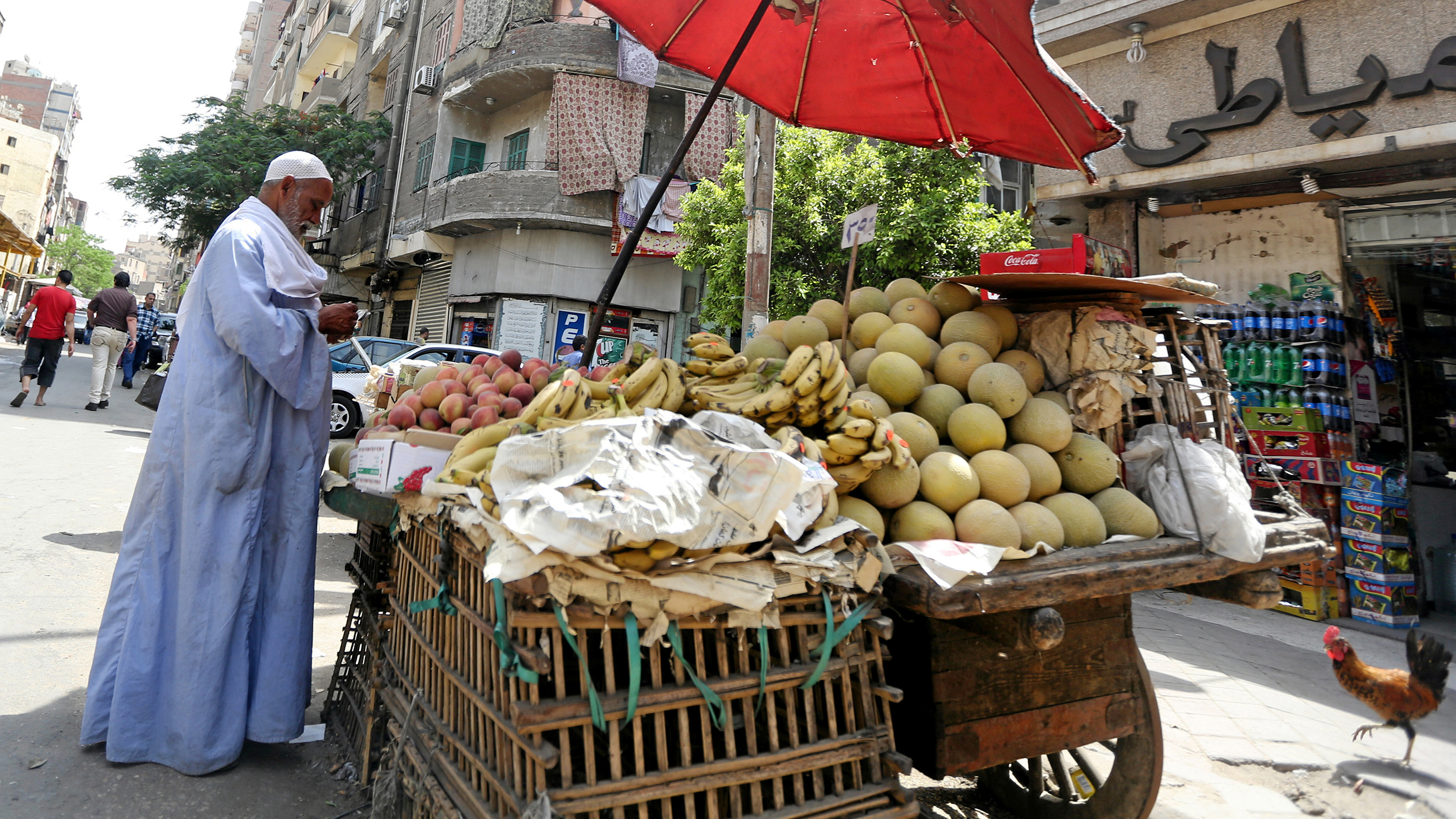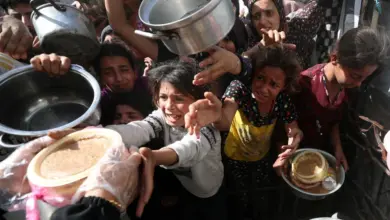There are many Indian immigrants in Cairo, and at least a few of them are cooking food in the Karvin Hotel’s Massala Restaurant. An ad for the restaurant in the lobby of the small but inviting hotel, located on a Heliopolis side street, makes this clear, stating: “Authentic northern Indian cuisine cooked by our Indian chefs.”
The proclamation of authenticity may not be entirely politically correct, but very little about feasting–which, at its best is a series of gluttonous pleasures ending in regret and wasted food–is. At Massala, though, that the ethnicity of the food matched the ethnicity of those who prepared it was surely incidental to the fact that it tasted great and–prepared by Indians or not–the buttery naan and sour pickles and savory spinach and cheese and crispy potato and pea samosas were, last Sunday night, being happily consumed by two two-tops of Americans, one a happy young couple on a date and the other an older pair of women commiserating about divorce. It’s true what they say: curry is the great leveler.
Or, really delicious curry was the great leveler that night. Food at the Karvin is worth the hassle of getting to Heliopolis (which is a pain from anywhere in the city, including Heliopolis). The pink-walled restaurant is poised to become the jewel in the Karvin Hotel’s dining crown, with positive reviews from food critics, including our own John Harris. The palaak paneer (spinach and cheese) was delicious, if so rich it could be served by the thimbleful; the lamb was easily severed apart by the side of a dining fork; the vegetable biryani was cooked perfectly and dotted with buttery cashews; and the samosas were crispy, sans a speck of grease (grease being oil’s unloved cousin).
Although food writers have lauded Massala as a welcome addition to an otherwise mediocre Indian dining scene, what they probably mean is the affordable Indian dining scene. The Mena House’s Moghul Room has long attracted diners looking for a fancier curry, and has been called the best Indian dining in Cairo; Fodor’s calls the restaurant “a temple to the grandeur and refinement of Indian cuisine.” Other eaters consider the pyramid view, and the long drive to it, a deterrent rather than draw.
Another more affordable–and more convenient–option is Nawab in Zamalek, which Harris describes as “excellent,” “fresh,” and, yes, “authentic.” So authentic, in fact, that when he visited he was gratified to note that “several tables were filled with Indian clients.” If Nawab fulfills the nostalgia of Indian natives, it will surely meet the expectations of a dining-chair traveler looking for affordable and delicious.
Bukhara, a local chain with locations in Mohandiseen and Maadi, has the longest history of serving northern Indian food in Cairo. Reviews have been solid, if not glowing, but the consensus seems to be that the various spices–and spiciness–of Indian cuisine shine without overly complicating the dishes. The butter chicken is mentioned by the reviewer as a favorite, as are the palak paneer and aloo ghobi.
All these restaurants serve specifically northern Indian food, which is characterized by thick curries and gravies, a prevalence of dairy, tandoori preparation of meats, and grilled bread like naan. Throughout the world it is probably the most recognizable regional Indian cuisine, and Egyptians might feel particularly at home with the menu: many of the grilled meats, spices and preparations overlap with local cooking.
While there seems to be little doubt that a lover of Indian cuisine can endure in Egypt, there remains one, gaping hole in the landscape of Indian restaurants: southern Indian food. Southern Indian is rice-based and mostly vegetarian, though fresh seafood is popular. Dishes are often searingly spicy; South India is hot, and so is its food. Lentils, coconut chutneys and dosas (pancakes made of lentil and rice flower) are vital to this cuisine.
One option for getting your hands on some southern Indian food, of course, is to simply cook it yourself. Staple ingredients, such as fruits, vegetables, meats and oils, are easy to find, as are many of the primary spices like curry and turmeric. For less accessible items, the blog “Living in Egypt” recommends Hassan, an Indian grocer located in Mohandiseen. He may or may not be Indian himself, but he delivers, which will save you the hassle of commuting to northern India for that massala dosa.




